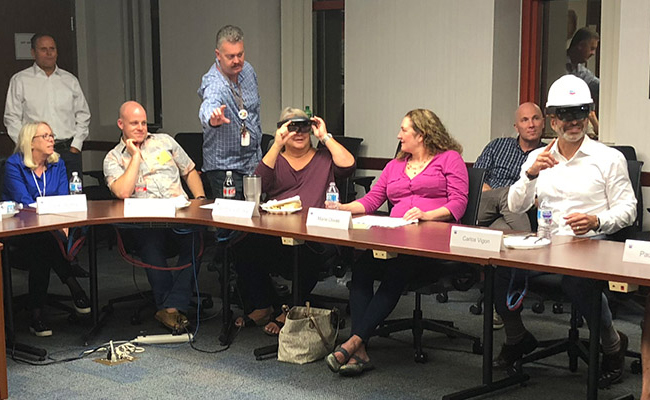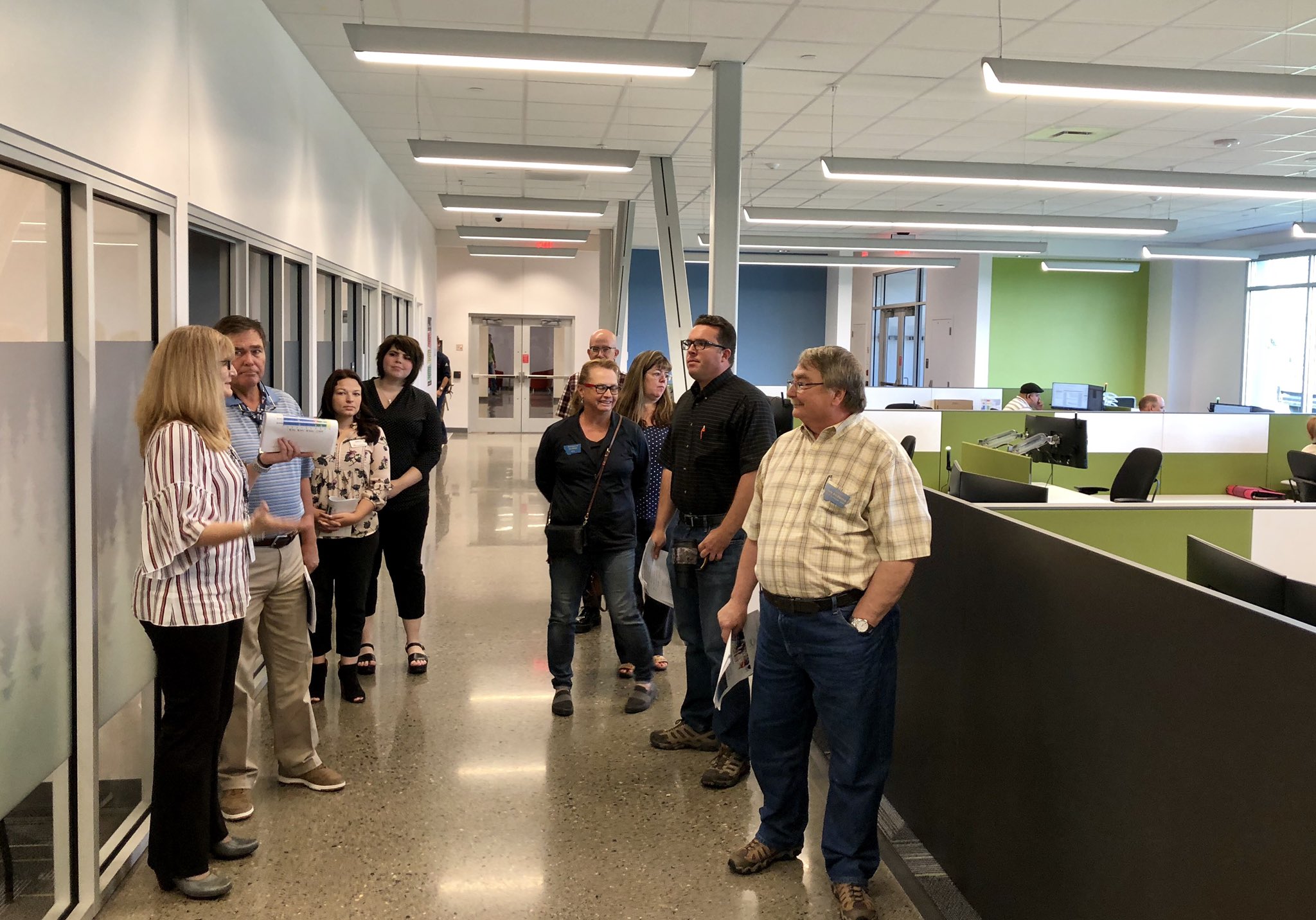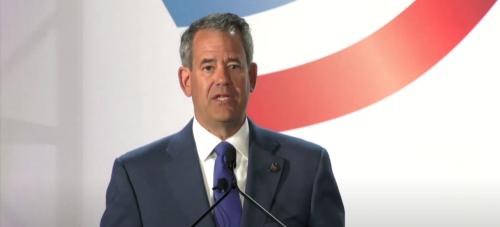This article originally appeared in Politico.
With some of the strictest environmental standards in the nation, Chevron’s El Segundo refinery in Los Angeles County, California, shows what is possible when industry works hand-in-hand with the neighboring community.
Surrounded by multimillion-dollar real estate, the more than a century-old facility that produces fuels like gasoline, diesel and jet fuel has worked tirelessly to be the kind of neighbor that the community sees as invested, but also invisible.
“Making yourself available and transparent is fundamentally important. The community holds our license to operate,” said Jeff Wilson, corporate affairs manager at Chevron, who describes the goal as “not being seen, heard or smelled.”
This symbiosis didn’t happen overnight, nor was it solely achieved through compliance with regulations. The refinery started by proactively sharing information about what was transpiring on its side of the fence and reacting quickly to community concerns via a 24/7 community hotline. Critical to building the relationship between the facility and its neighbors has been a monthly meeting with area residents known as the community advisory panel, or CAP.

from El Segundo and Manhattan Beach since 2002.
To foster trust and encourage dialogue, the refinery has established an “open-door policy” that is applied both figuratively and literally. Safety and environmental performance metrics are not only shared with CAP meeting attendees, but also explained in detail by refinery leadership who regularly present to the group. And every year, the CAP is asked to evaluate the refinery’s communications and level of engagement via a survey to ensure members feel heard and issues are addressed swiftly and effectively.
“In our industries, many individuals have dedicated their entire careers to safety and protecting their colleagues, neighbors in the community and the environment,” said Chet Thompson, president and CEO of the American Fuel & Petrochemical Manufacturers. “CAP meetings are opportunities for straight talk between community members and some of these technical professionals. They’re forums for raising concerns, sharing information and finding solutions.”
"CAP meetings are opportunities for straight talk between community members and some of these technical professionals. They’re forums for raising concerns, sharing information and finding solutions."
- Chet Thompson, President and CEO of the American Fuel & Petrochemical Manufacturers
Oil refineries and chemical plants across the country have relied on CAPs for decades to inform residents about goings-on at facilities. But in recent years, fueled by discussions ranging from employment opportunities and the local economy, to traffic patterns and infrastructure, to emissions and extreme weather events, these meetings are also influencing how the facilities do business.
For Dow Chemical, the CAP near the company’s headquarters in Midland, Michigan, has evolved over the years from being a committee that met monthly to learn about the company’s safety performance to a partnership-building opportunity between each member of the CAP and the company. These vital partnerships were tested in the aftermath of a 500-year flood. More than 11,000 local residents needed to be evacuated after two days of heavy rainfall breached dams in May 2020, as many areas faced stay-at-home orders amid the initial spread of COVID-19 in the U.S.
“Dow relied on its vast network of partnerships including customers, suppliers and those who had previously served on our community advisory panel. These panelists were unbelievable conduits between Dow and the community, figuring out how we could plug in and most effectively help,” said Mary Beth Heydrick, vice president, performance materials and coatings envelope and operations for North America North. "The flood decimated parts of our region, including the complete destruction of entire neighborhoods, disruption in power, gas and cell service, etc. Dow came in with the help of our contacts and capabilities to establish resource centers where residents could obtain immediate need items such as water, food and cleaning supplies. Together we plugged gaps so our community could recover as quickly as possible.”
Dow, like other companies in the petrochemical and fuel industries, has prioritized building multigenerational, diverse CAPs and recruiting new members to better understand the perspectives and priorities of community members representing various dimensions of diversity.
"We need to regularly ask ourselves, “Are we reflecting our communities?” And if we’re not fully, let’s get a plan in place to adapt."
- Maria Dunn, Chief Governance Officer for Public Policy Issues, Sustainability Strategy, and Environmental, Social and Governance Engagement at Phillips 66
“We work hard to make sure our CAPs reflect our fence-line neighbors, community business owners and other local stakeholders,” said Maria Dunn, chief governance officer for public policy issues, sustainability strategy, and environmental, social and governance engagement at Phillips 66, which operates 12 refineries, 11 in the U.S. Each has a CAP.
“Leaders at our facilities review local demographic data and recruit CAP volunteers, either directly or by working with local organizations, who reflect their communities,” said Dunn. “We need to regularly ask ourselves, ‘Are we reflecting our communities?’ And if we’re not fully, let’s get a plan in place to adapt.”
In Billings, Montana, home to three different refineries, panel meetings hosted by ExxonMobil now include local university students. Historically, they had consisted of nearby residents who were older, often retired.

“They’ve been really good about involving everyone,” said Casey Storms, a graduate student studying process engineering at Montana State University. “They even have high schoolers that show up to these, which really surprised me. They ask questions like, ‘How will this impact our community? Is this as negative as the news will make it out to be?’ For the most part, the meetings have been very educational.”
"They’ve been really good about involving everyone. They even have high schoolers that show up to these, which really surprised me … For the most part, the meetings have been very educational."
-Casey Storms, Process Engineering Graduate Student at Montana State University
The meetings are educational for the companies as well.
“Having a group of community members and an open dialogue really helps us in understanding where the community is coming from, their interests and how we can best address them,” said Mike Ashton, Americas fuels and lubricants manager of public and government affairs at ExxonMobil.
In Southeast Michigan, a Marathon Petroleum CAP has tackled a broad swath of issues over the years. The company prides itself on its ability to address public concerns in a way that is tailored to the unique needs of the community. In Detroit, that has meant contributing $2 million toward the renovation and expansion of a community center; providing funding, project support and volunteers to local nonprofits and educational institutions; and a multimillion-dollar commitment in 2021 to purchase and convert abandoned, uninhabitable homes to well-maintained green space.
“If it’s important to the community, it’s important to the facility,” said Thompson, whose association represents refining and petrochemical plants across the country. “It’s through open lines of dialogue that we improve and make progress together.”


